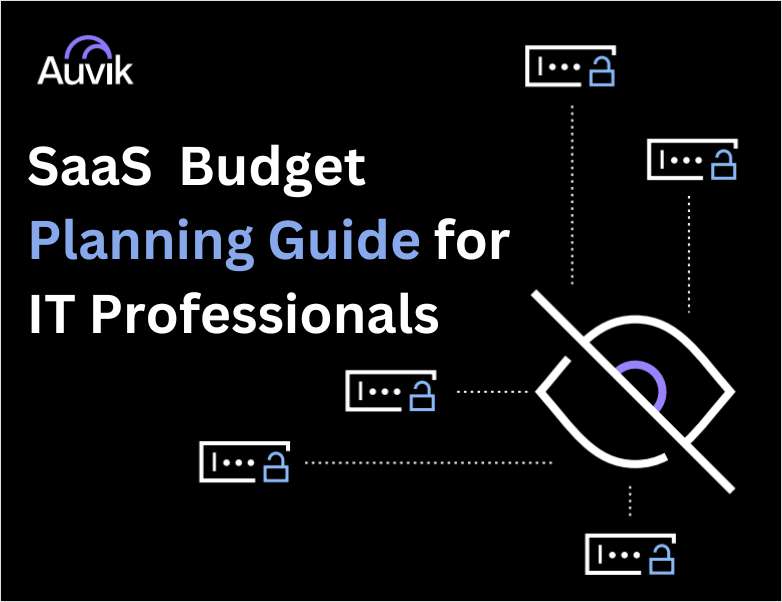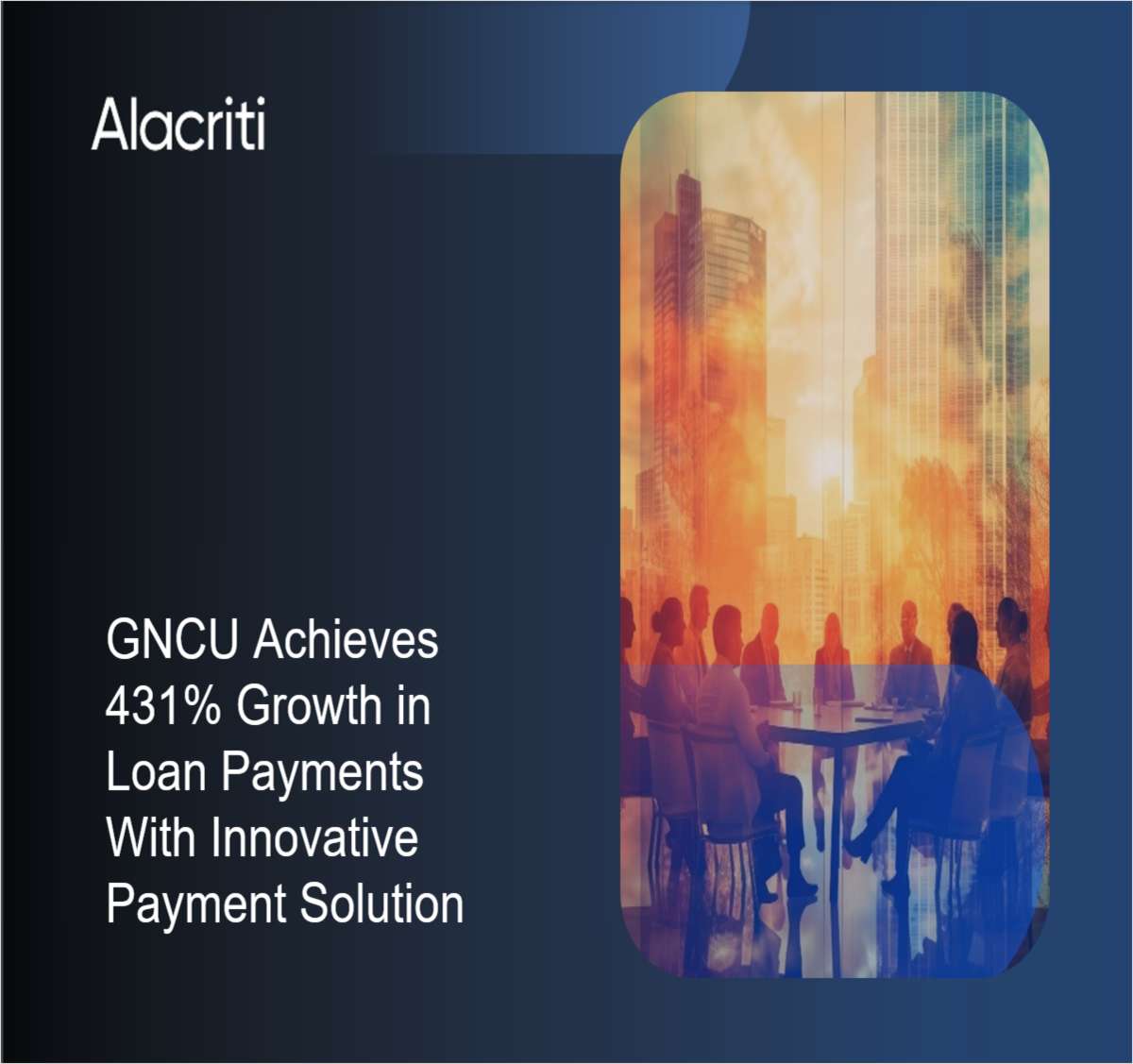<p>TALLAHASSEE, Fla. – Credit unions learned some hard and valuable lessons from their fight to pass H.R. 1151, and probably none as important as doing whatever is necessary to make sure CUs never find themselves in the position again of not having ongoing relationships and dialogues with federal and state legislators, not only when CUs are faced with critical issues and bills, but in good times as well. Before H.R. 1151, the Florida Credit Union League's legislative affairs team was a two-person operation. The League's current eight-member lobbying team is the tangible proof of the league's decision, to never play catch up again. It's a team that could easily be the envy of other leagues because of the wealth of experience the members bring to the league's lobbying table. Take Jim Smith, for example, a contract lobbyist for the league, who is currently a partner with Smith, Ballard and Logan, P.A., Attorneys at Law. Prior to coming to the law firm, Smith was the Florida Secretary of State, and before that Chief of Staff, for the Office of the Governor, and the Florida Attorney General. Earlier in his career he was Deputy Secretary of State. Aletta Shutes, executive vice president for FCUL, has 33 years of government experience and has lobbied for several agencies. She came to FCUL from the Florida Department of Revenue where she served as the state's first Taxpayer Rights Advocate, and she assisted with the passage of the Taxpayer's Bill of Rights. She was appointed Secretary of Administration by former Florida Gov. Bob Martinez in 1989 and served until 1991. Shutes was also Deputy Secretary of Labor and Employment Security. In 2001, she was appointed by Gov. Jeb Bush to serve a four-year term on the state's Human Relations Committee. M. Lee Moffitt, another contract lobbyist was a former Speaker for the Florida House of Representatives. The list of credentials of members of the Florida League's lobbying team goes on and on. The array of their backgrounds – most important the fact that many of the lobbyists have known several Florida delegates to Congress and the U.S. Senate from when they served in the state legislature – contributes to the effectiveness of the lobbyists' efforts and opens a lot of door for them to state and federal legislators' offices. Smith, for example, was in U.S. Sen. Bob Graham's (D) Cabinet when the Senator was elected governor of Florida in 1978 and was reelected in 1982. He also was able to leverage the relationship he had with former U.S. Senator Connie Mack (R-Fla.) to convince the senator to vote for H.R. 1151. During the push for passage of H.R. 1151, Smith also lobbied then-U.S. Sen. John Ashcroft (R-Mo.), currently the U.S. Attorney General. Smith and Ashcroft were acquainted from the days when they were both Attorneys General for their respective states. With so many state and federal issues and bills out there that could directly and indirectly affect credit unions, how does the FCUL's lobbying team decide which ones to follow? "We take our marching orders from the league's Governmental Affairs Committee," answered Shutes. The committee is appointed by the League chairman, and it meets regularly with the lobbying team on strategy sessions. FCUL Director of Legislative Development Mark Landreth describes the lobbying process as "being like a chess game – you ask for three times as much as you really want. Generally what happens is each side asks for something and more, knowing full well it just wants that one something. Negotiating is a art that takes practice." "You have to be able to run the halls," Landreth adds, referring to the importance for lobbyists to be able to spend a considerable amount of their time meeting with legislators and their staff in the state capital and up on Capitol Hill in Washington. "There's a lot of ground you have to cover," he said. In addition, said Mark Ivester, FCUL vice president of communications and public relations, from one issue to the next, from one legislator to the next, it's never the same. "Depending on the issue, you deal with a lot of personalities and egos, and you have to be able to deal with them," he said. When asked what makes a lobbying team effective, members of FCUL's lobbying team concur it comes down to one word – "credibility." "Federal and state legislators meet with so many people over the course of a day, they're inundated by people wanting to talk with them. If you're not credible in under two minutes, you've lost that legislator," says Landreth. Smith agreed. "In the lobbying business, things get very harried. If you have credibility, the legislators will take your word for something without you having to go into a lot of detail. It saves you and them a lot of time." Ivester put it like this: "If you have no credibility, you have no audience in the state and federal capital." But lobbying involves more than just talking with legislators, said Ivester. It also entails shaping public opinion by talking with the news media and organizing events such as `meet and greet sessions' to give candidates and credit union folks the chance to meet each other and discuss issues. That continues even when the legislative session is out – in Florida it last 60 days. Landreth said the FCUL lobbying team has reached the point in its efforts, "Legislators recognize us, they know who we are, what we represent, and what our issues are. When we tell them something, they believe it. We have very high credibility." When lobbying legislators, Landreth stressed three pieces of advice credit unions should remember: Never lie. When you tell a legislator you're going to do something, do it. When you tell them you're going to help them with something, make sure you help them. "They remember these things," he said. Landreth also emphasized that credit unions should be well-prepared with background information before they meet with a legislator. "Information is currency," he said. It isn't just among state and federal legislators where the FCUL lobbying team is seeing the rewards of its efforts, it's also from credit unions. Shute said the league has been actively involved with educating CUs on the importance of the political process, and judging from the money raised for the League's PAC, it's efforts have been successful – eight years ago, the PAC raised $22,000. In the last couple of years, it raised more than $190,000. The goal for 2002 is $200,000. So what's on the radar screen for the Florida League's lobbying team? For one thing, because of term limits in the state, there will be a lot of new candidates running for office in November's election. That means organizing a lot of meet and greet sessions so credit unions will have the opportunity to interview There's also the issue of public deposits – state-chartered credit unions are currently not allowed to accept public deposits. Shutes said the governmental affairs committee is unsure if it should direct the lobbying team to pursue this. "We know if we decide to lobby for this, the bankers are going to make it a nightmare for us. So if we're going to go after it, we want to be sure we have strong grassroots support behind us. At this time, not all credit unions are in favor of accepting public deposits. Anyway, we still have to wait and see how NCUA is going to decide on this for federally insured credit unions." Shutes said she was informed that NCUA General Counsel Bob Fenner "is looking into it." -</p> <p>[email protected]</p>
Continue Reading for Free
Register and gain access to:
- Breaking credit union news and analysis, on-site and via our newsletters and custom alerts
- Weekly Shared Accounts podcast featuring exclusive interviews with industry leaders
- Educational webcasts, white papers, and ebooks from industry thought leaders
- Critical coverage of the commercial real estate and financial advisory markets on our other ALM sites, GlobeSt.com and ThinkAdvisor.com
Already have an account? Sign In Now
© 2024 ALM Global, LLC, All Rights Reserved. Request academic re-use from www.copyright.com. All other uses, submit a request to [email protected]. For more information visit Asset & Logo Licensing.









